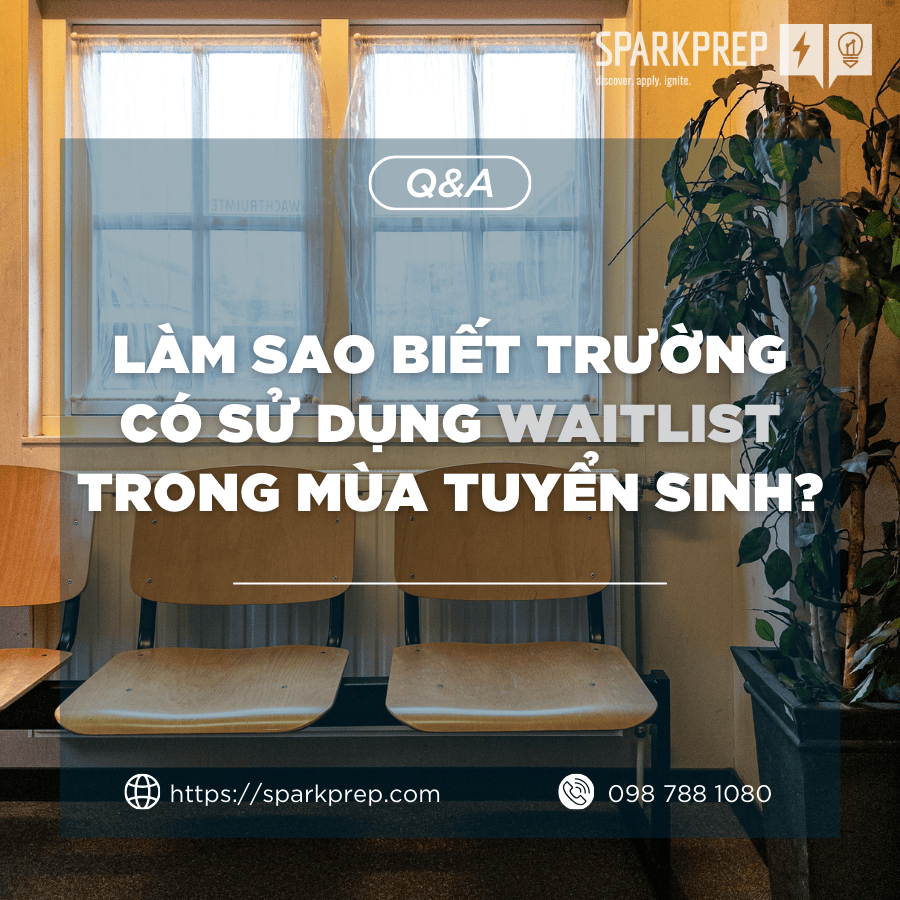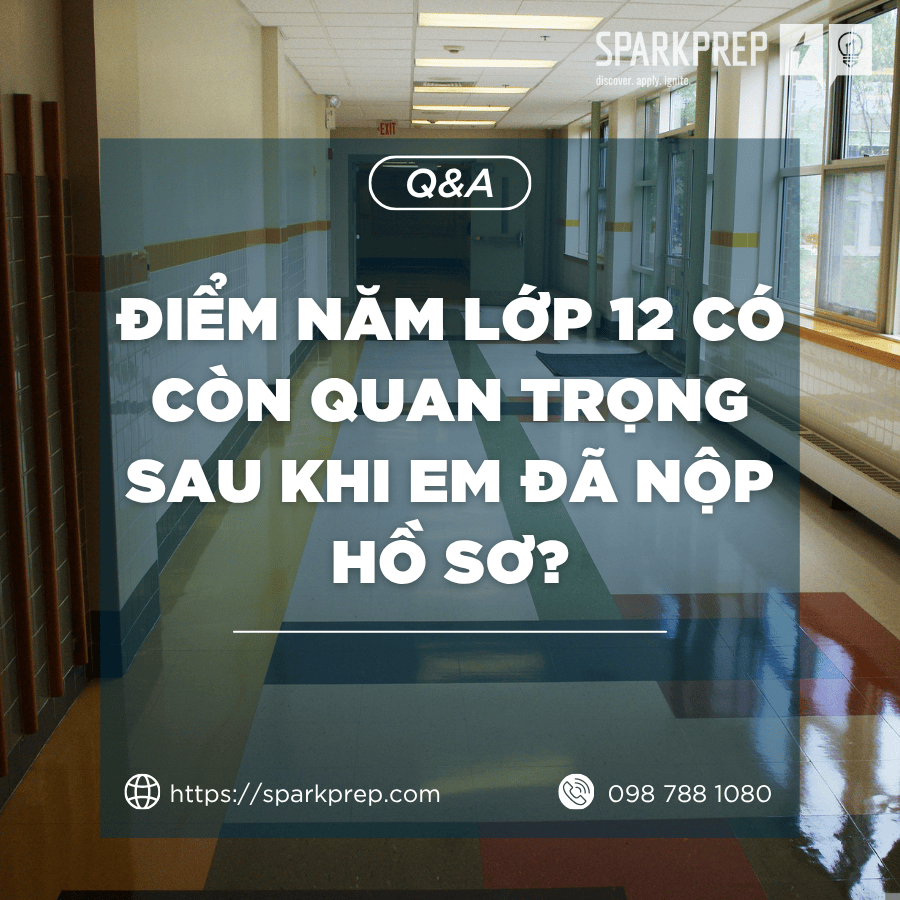College is a glorious time of intellectual and personal discovery. Finding a set of schools that fit your goals is a crucial part of the process, and many schools will ask you explicitly why you believe they are a good fit for you.
Yet, many students get stumped by “Why” essays, the type that say “Why [This School]” or “Please explain what specifically draws you to [This school]” or “Describe how [This School] fits your plans for an education and a future”.
There are many variations on the question, but they have one thing in common: the school wants to know why you believe you’re a good fit for their program, or, more accurately, why they are a good fit for you.
As with all essays, there’s no single strategy for writing the “Why” essay, but because students often struggle with what to write, there are a few easy tips to keep in mind that will make the “Why” essay a worthwhile use of time.
In order to write this essay successfully, you have to know about the school and its offerings, which always requires research. School web pages can be hard to navigate, but if you narrow your search by academic programs, course offerings, research programs, internships or something similarly specific, you’ll be able to find the information you’re looking for more quickly.
The deeper you dig, the more specific information you’ll find. “Specific” is the name of the game.
Another way to think about it is to imagine that you’re graduating from college and reflecting back on your time. What exactly did you do? How did you spend your Freshman spring semester? What did you do the summer after your Sophomore year? Did you write an honors thesis?
If you can envision yourself at the school, taking part in their programs, the school will be able to see it too. If they can see you at their school, making good use of their resources, it’s much easier to admit you.
If you have 150 words to answer the “Why” question, don’t spend 50 words telling the school about how famous it is or about the great community they’ve built. They know. If you have 250 words to answer the “Why” question, don’t spend 100 words telling them about how lucky you would be if you were to get in. Flattery gets you nowhere. Use your words wisely; every sentence should serve a specific purpose and address something that combines your interests with their resources.
The purpose of the “Why” question is not to test how many facts you know about the school, but to understand why you believe the school’s resources and experiences are right for you. Simply reiterating what you’ve heard or read on the internet lacks the fundamental component of why you are a good for the school and why the school is a good fit for you.
In an era where students regularly apply to between 15-20 schools, the “Why” question has become a way for schools to screen out students who add the schools to their list without doing any research. They first giveaway is generic writing.
Generic writing is the death of any clear message. It’s also a clear indicator that you don’t really know why this school is a good fit. Every student who wants to study economics at School X can write, “School X has a top-tier Economics program”. The problem with this sentence is that it has nothing to do with you – it lacks context. Similarly, the statement “School X has a top-tier Economics program,” is true for many schools. This sentence is, therefore, generic in two ways: the speaker could be any student and the school could be any school.
An alternative might be, “As someone who intends to pursue a career in economics, School X’s undergraduate economics research program during sophomore year will give me the opportunity to explore the intersection of classical economic theory and new trends in domestic policy,” or some variation.
Similarly, unless you refer to a direct academic connection related to the school’s location, avoid talking about the school’s city. New York is a cool place, but everyone applying to NYU and Columbia also thinks it’s a cool place. That fact isn’t vital to why you are applying, so be sure to choose your examples carefully.
Your specific (Academic, pre-professional, personal, etc.) goals
→ Why the school is a good fit for you
The school doesn’t want to know about why it’s a great school, it wants to know why it’s a good fit for you, and only you have that information. If you don’t know the answer, you need to go and find it before you write this essay.
- What are your goals for college? These goals could be academic, pre-professional, or personal in nature. But you have to have them. If you don’t know why you’re going to college, you’re not ready for this question. Go back to square one and dream a little - what do you really hope to attain from a college experience?
-What resources do you want from a college? If you have a set of goals - personal, academic, or pre-professional - what must a college have in order to help you achieve those goals? Specific courses? Research opportunities? A tight-knit community? The more specific you are, the more successful your essay will be.
Ultimately, everything in the “Why” essay should be tied back to you, your goals or values, and how the school specifically might fulfill those goals. Both parts are necessary for a successful essay.
 How to Know If a College Really Uses Its Waitlist
How to Know If a College Really Uses Its Waitlist
Learn how to read a school’s Common Data Set, spot waitlist trends, and understand yearly admission shifts to set realistic expectations and strengthen your overall application strategy.
Read more.png) How to Update Your College Application After Submitting It: When, Why, and How?
How to Update Your College Application After Submitting It: When, Why, and How?
Learn when and how to update your U.S. college application after submission to ensure your profile is reviewed fully, accurately, and shows your ongoing growth.
Read more Do Senior Year Grades Still Matter in College Admissions?
Do Senior Year Grades Still Matter in College Admissions?
Learn why your senior-year grades still play a key role in college admissions, especially for Regular Decision, deferral, or waitlist cases—and how to maintain strong academic momentum.
Read more.png) “Additional Information” vs “Challenges and Circumstances”: How to Use Them
“Additional Information” vs “Challenges and Circumstances”: How to Use Them
Learn how to use these two optional sections to clarify personal context, highlight your growth, and help admissions officers fully understand your journey beyond grades and test scores.
Read more 5 Key Factors to Make Your U.S. College Application Stand Out
5 Key Factors to Make Your U.S. College Application Stand Out
Learn how to strengthen your U.S. college application with academic evidence, clear major direction, unique essays, and a compelling narrative that shows admissions officers why you’re the right fit.
Read moreHanoi: 4th floor, 102-104 Lang Ha, Dong Da District
HCM: Toong Tan Hung, F16 Street No. 10 Him Lam Urban Area, Tan Hung Ward, District 7